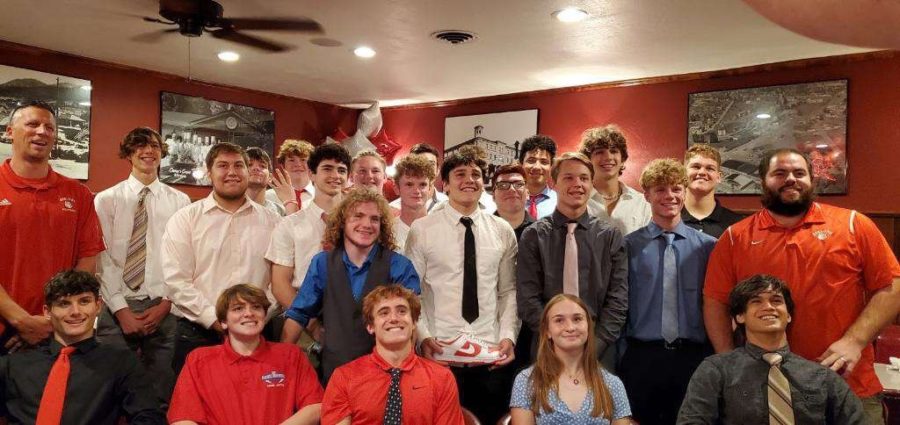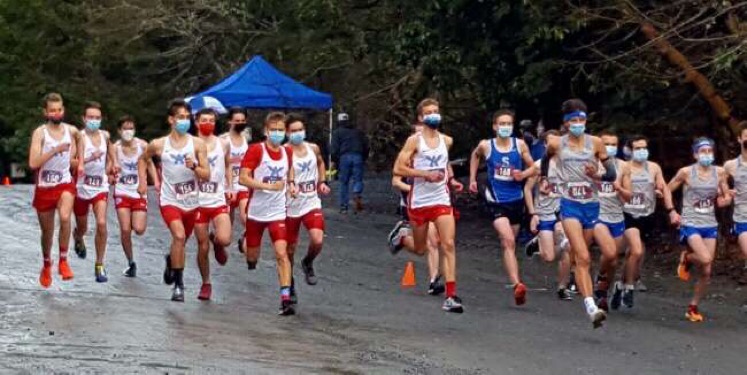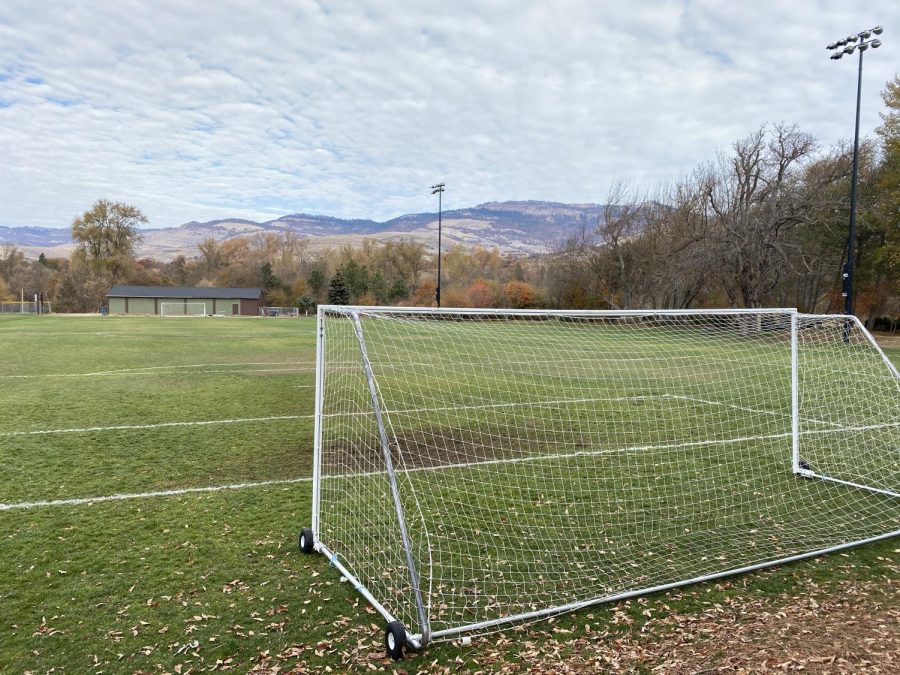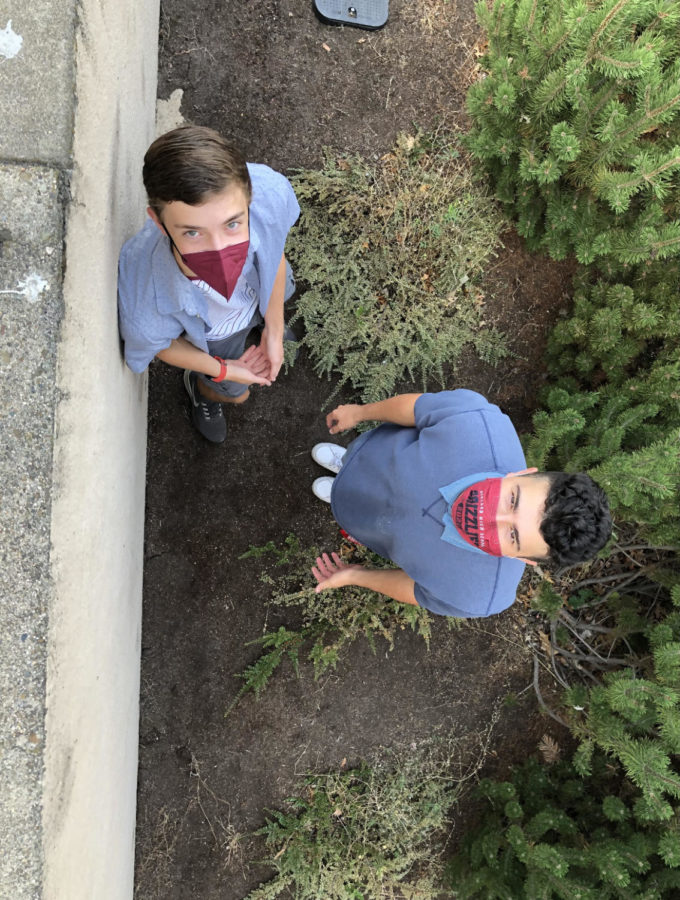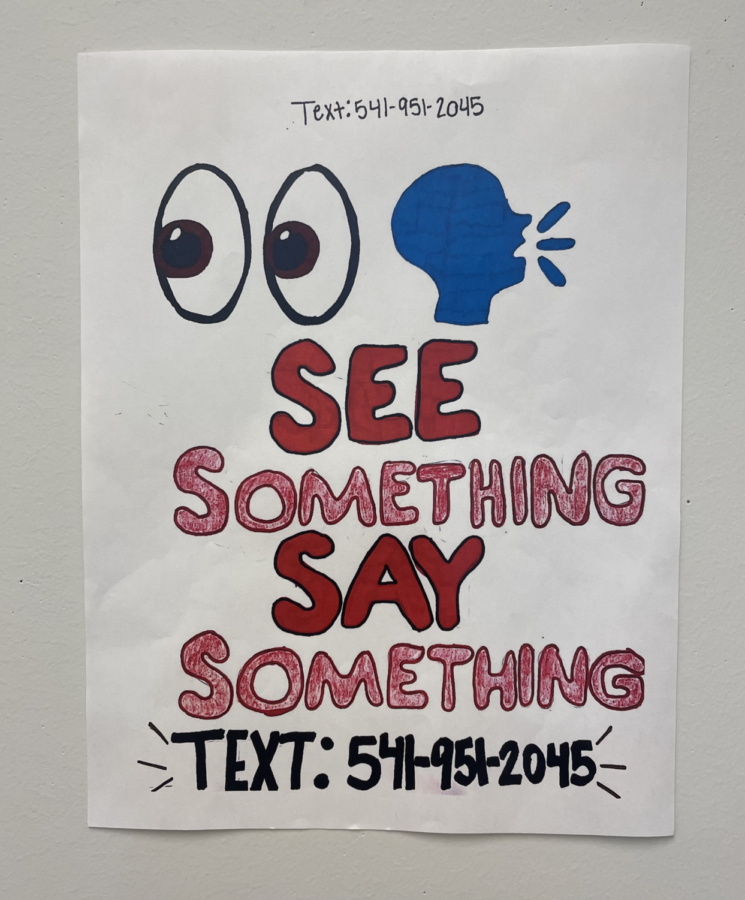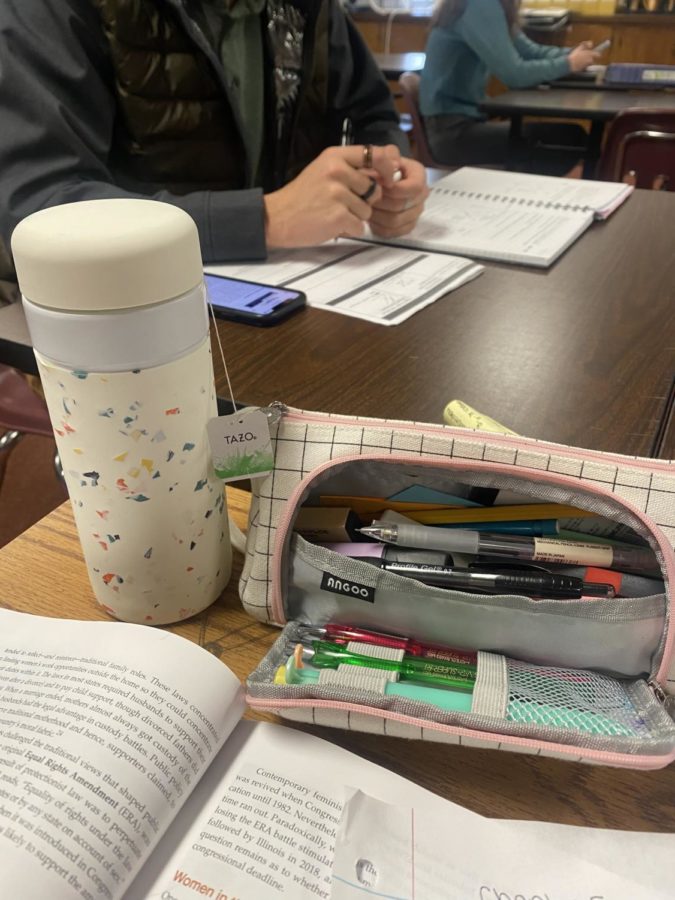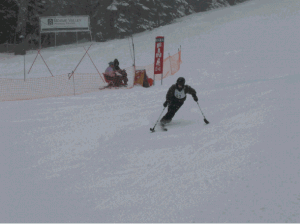 brother, Connor Frol, a snowboarder. However, she soon was disappointed with the news that it is virtually impossible to snowboard with one leg. So Alex turned to skiing, the next best thing.
brother, Connor Frol, a snowboarder. However, she soon was disappointed with the news that it is virtually impossible to snowboard with one leg. So Alex turned to skiing, the next best thing.
Throughout recent decades, skiing has been adapted to a multitude of different physical conditions. In Alex’s case, three-track skiing allowed her to quickly learn to maneuver down Mt. Ashland on a single ski, using special poles called outriggers for support. Outriggers are supportive crutches which look similar to poles, but have ski tips at the bottom to aid in turning and balance. With three-track skiing, a skier can eventually learn to ski independently on the most challenging terrain. But at nine years old, Alex first had to start where every skier and snowboarder begins: the Bunny Hill.
It wasn’t until two years after her first nerve-racking experience on Sonnet that skiing really “clicked” for Alex. She still remembers this exact moment. She and her coach Sam Sturgeon stood at the lip of The Bowl, staring down the ravine. Alex was terrified.
“OK, Alex,” Sam said to her, “We’re going to try something different now.”
Alex remembers then sailing down the drop. “I started skiing, and I couldn’t hear anything. Pretty soon I made it to the bottom. The next time I bombed it down and went all the way up the other side of the hill.”
Off to the Races
Ever since then, Alex has been passionate about skiing. Soon, she grew to also love racing after her first experience with MARA (Mt. Ashland Racing Association). During this experience, she had to confront the differences between her and other racers. Skiers with two legs had an evident advantage. Looking back, Alex notes that she “wasn’t the best,” yet she is still satisfied that she was able to improve her best racing time of 1:30 by an incredible 30 seconds. Not only that, but she was able to enter a whole new world of skiing.
Today, Alex actively participates in Ashland High’s alpine ski team, where she is pushed to spend more time skiing than ever before. During dry land practice, Alex found herself faced with another hardship. Often, the training the team did was impossible to participate in with just one leg. Alex recounts showing up at these practices, and trying unsuccessfully to join in. “I was the one who stayed back and tried to do [the exercises], which made me feel outside-ish.” She said. Nevertheless, all the hard work pays off when Alex gets to race. “I love to race,” she said. “You get into a zone. I just sort of hear the sounds and zone out.”
To people born with two legs, having just one might seem like a torment and a nuisance. But for Alex, neither of these words describe her condition. Not only does she feel entirely accepted and admired on the mountain, but living one-legged seems completely natural to Alex. In fact, sometimes when her friends or brother tease her about her condition, she is momentarily confused. “I sometimes forget other people have two legs, as opposed to just one.You just learn to accept it and get on with your life.”

